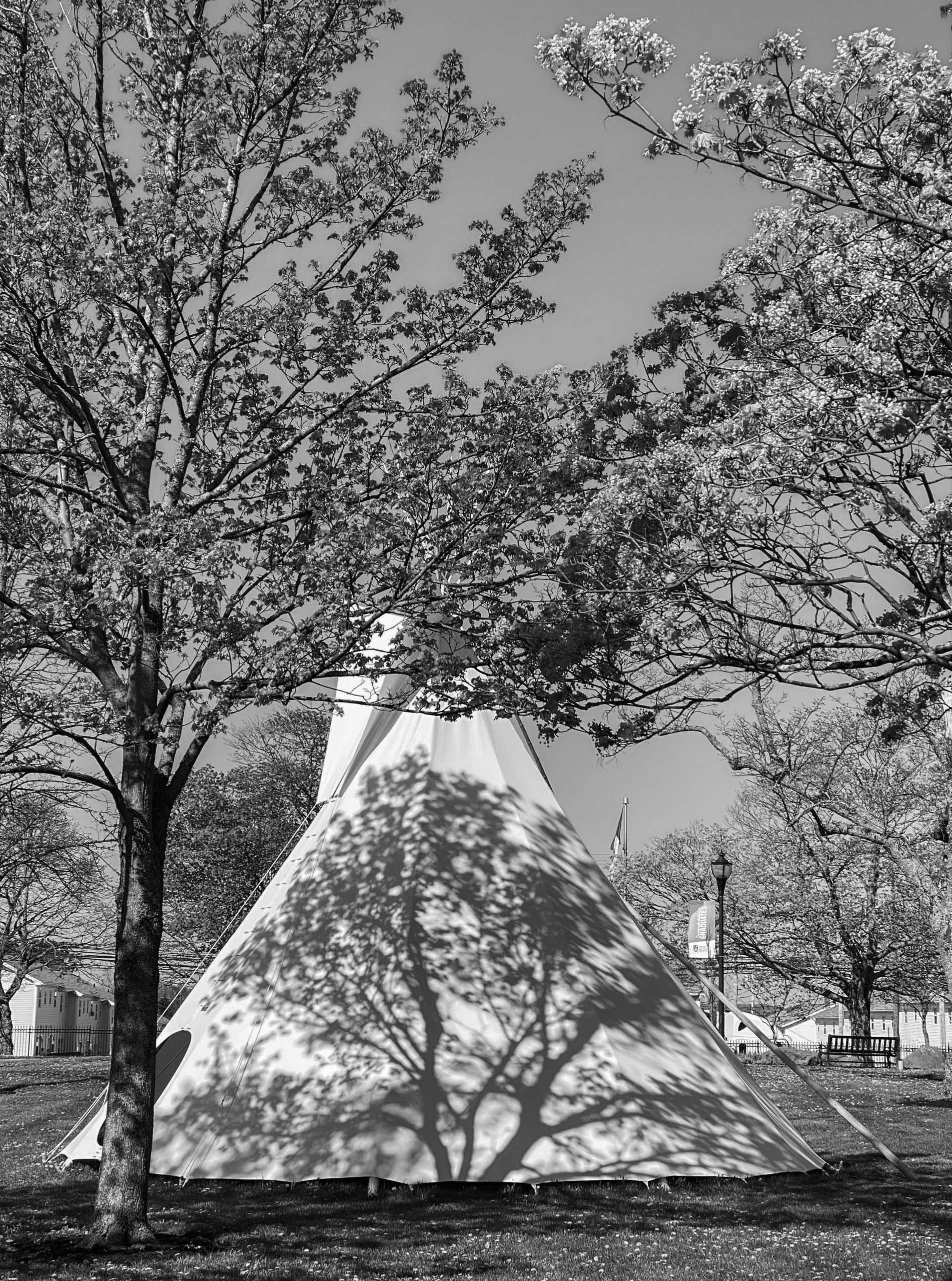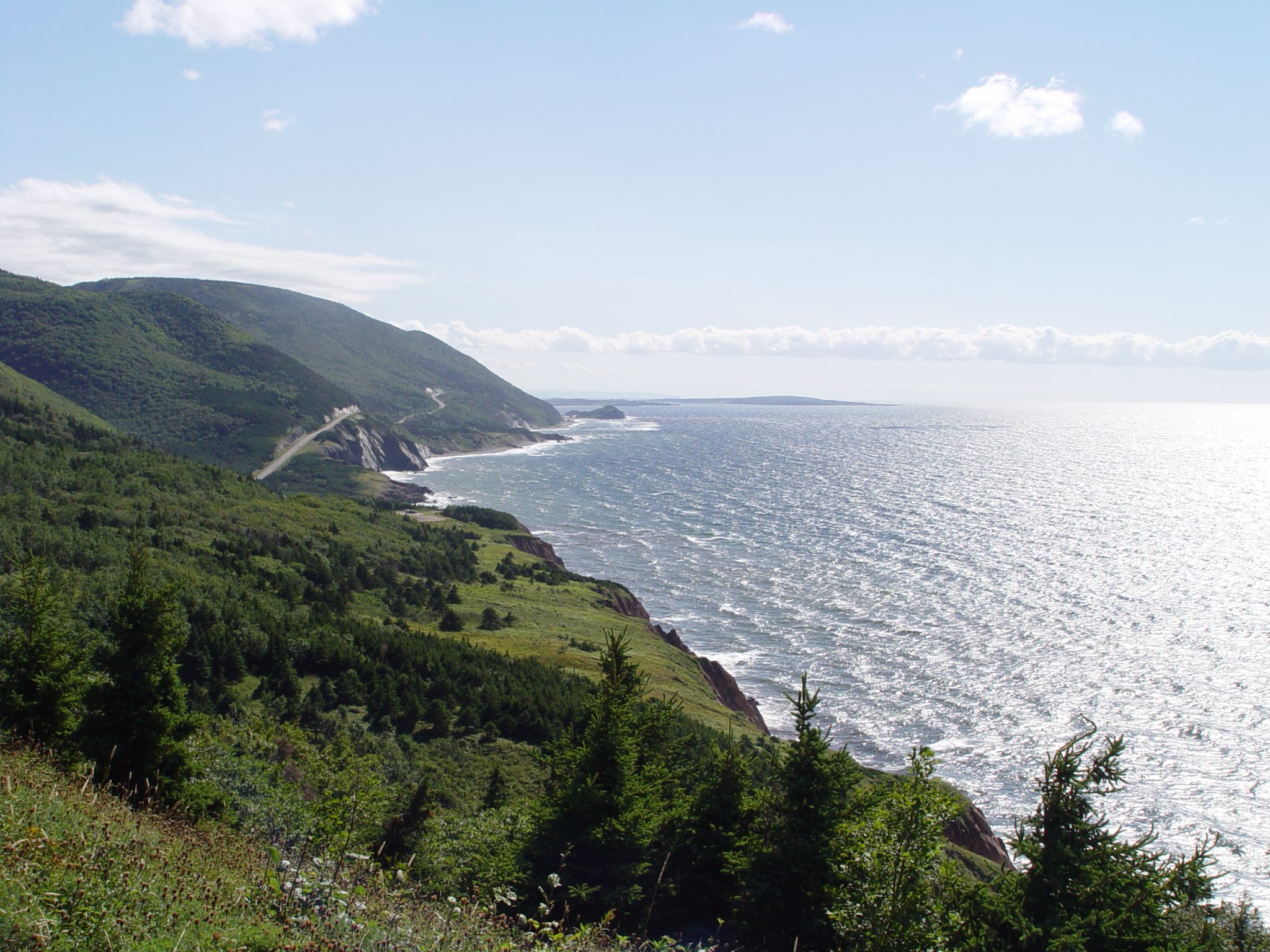
Echoes of the Earth: The Enduring Spiritual Wisdom of Turtle Island
Far more than a mere geographical designation, "Turtle Island" is a profound spiritual concept for many Indigenous peoples across North America, embodying a creation story, a sacred trust, and a living philosophy that has guided human interaction with the natural world for millennia. It is a name that signifies not ownership, but belonging; not a resource to be exploited, but a revered ancestor, a mother, a teacher whose ancient wisdom offers vital lessons for a world grappling with ecological crisis and spiritual disconnection.
The spiritual teachings of Turtle Island are not codified in a single scripture or dogma, but woven into the fabric of daily life, transmitted through oral traditions, ceremonies, languages, and the intimate relationship with the land itself. These teachings emphasize a holistic worldview where all components of existence – human, animal, plant, rock, water, sky – are interconnected and interdependent, forming a complex web of relations. This profound understanding stands in stark contrast to the anthropocentric perspectives that have often dominated Western thought, offering a path towards genuine sustainability and spiritual renewal.
At the heart of Turtle Island’s spiritual legacy is the concept of the land as a living entity, a sentient being that nurtures and sustains all life. This is not a metaphorical understanding but a deeply felt truth. The earth is Grandmother, Mother, the source of all being, and humans are but one part of her vast family. As many Indigenous elders teach, we do not own the land; rather, the land owns us, holding us in its embrace and teaching us humility and gratitude. This fundamental principle underpins the responsibility of stewardship, a sacred duty to protect and care for the environment not just for present generations, but for the "seventh generation" to come.
This stewardship is born from a philosophy of reciprocity – a give-and-take relationship with the natural world. Every hunt, every harvest, every act of taking from the land is accompanied by a prayer of gratitude, an offering, and a promise to give back. The Haudenosaunee (Iroquois) Thanksgiving Address, also known as "The Words That Come Before All Else," is a powerful articulation of this principle. It is a ceremonial address of gratitude that acknowledges and thanks every element of creation, from the smallest blade of grass to the sun, moon, and stars, for their contributions to life. This address is recited at the beginning of all important gatherings, setting a tone of respect and appreciation that reaffirms the interconnectedness of all beings. It is a constant reminder that humans are not superior to nature, but deeply embedded within it, dependent on its generosity.
The concept of "All My Relations" (Mitakuye Oyasin in Lakota) further expands this interconnectedness. It is a recognition that every living thing – the deer, the bear, the eagle, the cedar tree, the salmon – is a relative, deserving of respect, honor, and care. This kinship extends beyond the biological to the spiritual, encompassing the ancestors, the unborn, and the spiritual forces that animate the world. This worldview fosters a deep sense of empathy and responsibility, challenging the notion of human exceptionalism and promoting a humble coexistence. It teaches that wisdom can be gleaned from observing the patterns of nature, the resilience of plants, the behavior of animals, all of whom are seen as teachers offering lessons in survival, community, and balance.

Storytelling is the primary vehicle through which these teachings are passed down through generations. Origin stories, legends, myths, and personal narratives are not merely entertainment; they are living repositories of historical knowledge, ethical guidelines, spiritual truths, and practical wisdom. The creation story of Turtle Island itself, found in diverse forms across many nations, speaks to profound truths: the power of collaboration (the animals diving to bring up earth), the resilience of life (the muskrat’s small but vital contribution), and the foundational role of the earth (the turtle’s back as the foundation of the world). These stories connect individuals to their ancestral past, their community, and the sacred landscape, reinforcing cultural identity and spiritual values.
Ceremonies and rituals play a crucial role in maintaining balance and connection. The Sweat Lodge (Inipi), common among many Plains nations and beyond, is a powerful purification ceremony, a spiritual rebirth within the womb of Mother Earth, connecting participants to the elements and the Great Spirit. Vision Quests, solitary journeys into the wilderness, are undertaken to seek guidance, purpose, and connection with spiritual helpers. Pipe ceremonies are sacred acts of prayer and unity, where tobacco, a sacred plant, is offered to the cardinal directions, the earth, and the sky, symbolizing the interconnectedness of all things and the human desire for balance and harmony. These ceremonies are not empty rituals but profound spiritual technologies that foster healing, community, and a deeper understanding of one’s place in the cosmos.
One concrete example of ethical teachings is the Anishinaabe Seven Grandfather Teachings, which provide a moral compass for living a good life:
- Wisdom (Gikendaasowin): To cherish knowledge is to know Wisdom. Represented by the Beaver, who uses his gift wisely for the good of his family and community.
- Love (Zaagidewin): To know Love is to know peace. Represented by the Eagle, whose love for his people is so great that he will fly to the Creator on their behalf.
- Respect (Mnaadendiwin): To honor all creation is to have Respect. Represented by the Buffalo, who gives its life and shares every part of its being to sustain others.
- Bravery (Aakode’ewin): To face the foe with integrity is to know Bravery. Represented by the Bear, who faces his fears to protect his family.
- Honesty (Gwekwaadziwin): To walk with integrity is to know Honesty. Represented by the Sabe (Bigfoot/Giant), who knows himself and is true to himself.
- Humility (Dbaadendiziwin): To know yourself as a sacred part of Creation is to know Humility. Represented by the Wolf, who knows its place and is not above its pack.
- Truth (Debwewin): To walk with integrity is to know Truth. Represented by the Turtle, who carries the shell of truth on his back, knowing that the Creator has given him a path to follow.

These teachings, and countless others across diverse Indigenous nations, offer a profound ethical framework that prioritizes community well-being, ecological balance, and spiritual integrity over individual gain or material accumulation.
In an era defined by climate change, biodiversity loss, and widespread spiritual malaise, the ancient wisdom of Turtle Island holds increasingly urgent relevance. The Indigenous worldview, with its emphasis on interconnectedness, reciprocity, and long-term thinking, offers a powerful antidote to the consumerist, exploitative paradigms that have brought the planet to the brink. Listening to the land, understanding our place within the web of life, and embracing a philosophy of gratitude and responsibility are no longer optional spiritual pursuits but essential keys to survival.
Despite centuries of colonial assault, forced assimilation, and attempts to eradicate Indigenous cultures and languages, the spiritual teachings of Turtle Island have endured. There is a powerful revitalization underway, with Indigenous communities reclaiming their languages, ceremonies, and traditional ways of knowing. Elders continue to share their wisdom, youth are stepping forward to learn and lead, and non-Indigenous allies are increasingly seeking to understand and support these vital traditions.
The spiritual teachings of Turtle Island are not relics of the past but living, breathing wisdom traditions that offer profound insights into living in harmony with the earth and with one another. They remind us that the land is not merely a backdrop for human activity but an active participant in our lives, a source of guidance, sustenance, and spiritual nourishment. By listening to the echoes of the Earth, by embracing the wisdom of the original peoples of this land, humanity can begin to heal its fractured relationship with the natural world and forge a path towards a more sustainable and spiritually enriched future.


